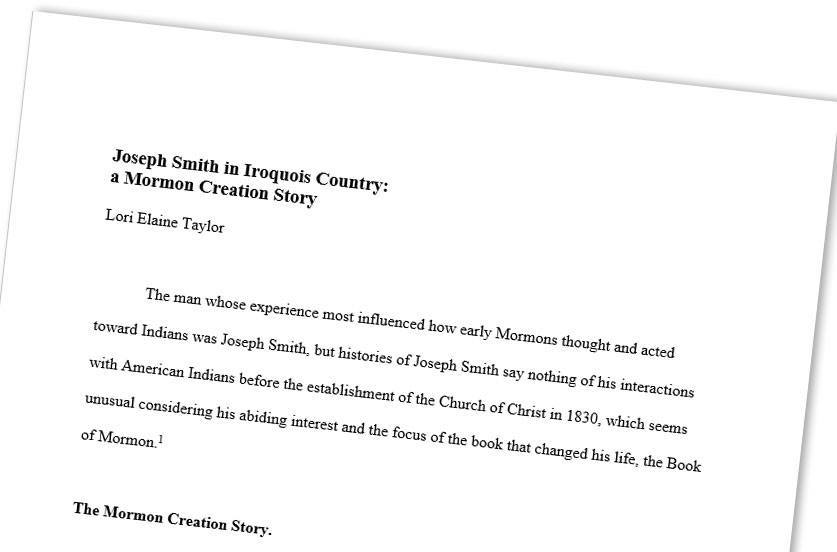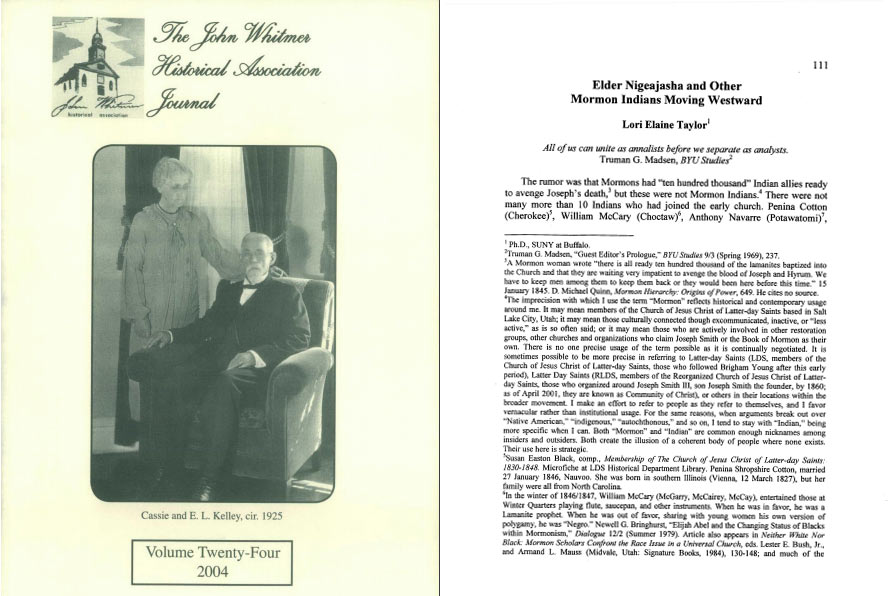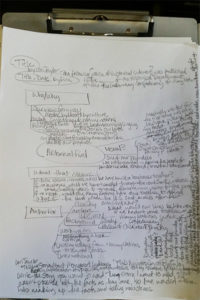
I have written exactly one piece of fiction—flash fiction called “Latter-day Confederacy of Nations,” which soon will be included in an anthology of alt history called States of Deseret. I signed the contract today. Also today, I delivered a scholarly article on Joseph Smith and Handsome Lake for a collection on Mormons and Indians to be published by University of Utah Press. Same subject, two completely different approaches. Making it all up was much more difficult. I spent three months researching a two-page story. I only spent about a year researching and writing the 65 pages that became the article. If you want to know how my renewed interest in writing and publishing goes, comment or send me a message.

 Today I did something I’ve never done before: I wrote fiction with the intention of showing it to other people.
Today I did something I’ve never done before: I wrote fiction with the intention of showing it to other people.